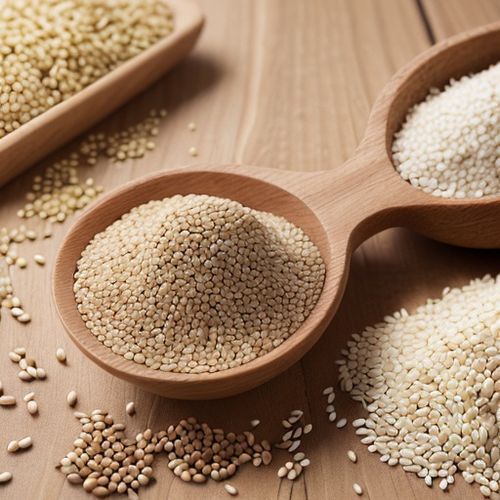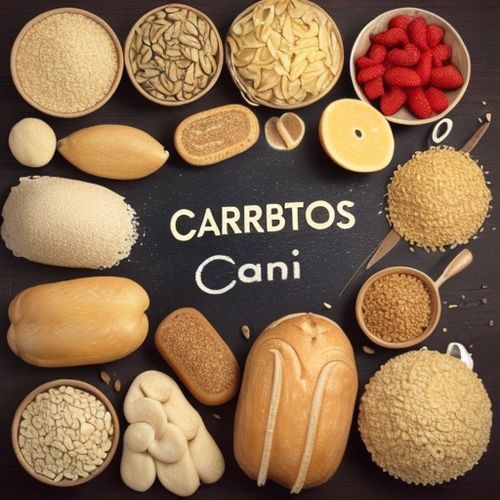Protein is an essential macronutrient that plays a crucial role in the human body, including building and repairing tissues, producing enzymes and hormones, and maintaining fluid balance. However, like many things in life, too much of a good thing can have negative consequences. Here are several reasons why consuming excessive amounts of protein can be detrimental to your health.
Nutrient Imbalances
A diet that is overly focused on protein can lead to a displacement of other essential nutrients. When you fill up on high-protein foods, there is less room for fruits, vegetables, whole grains, and other nutrient-dense foods. This can result in deficiencies of important vitamins, minerals, and dietary fiber. For example, a lack of fiber can lead to digestive issues such as constipation. Additionally, fruits and vegetables are rich in antioxidants and phytochemicals that help protect against chronic diseases. By neglecting these food groups, you may miss out on their health benefits.
Gut Health Issues
The type of protein you consume also matters. Animal-based proteins, which are often the primary sources in high-protein diets, tend to be low in fiber. Fiber is essential for maintaining a healthy gut microbiome, which is a community of microorganisms that play a vital role in digestion, immune function, and overall health. A diet high in animal protein and low in fiber can lead to an imbalance in the gut microbiome, with fewer beneficial bacteria and an increase in harmful bacteria. This imbalance can contribute to gastrointestinal problems and may even have implications for mental health and immune function.
Kidney Strain
The kidneys are responsible for filtering waste products from the blood, and protein metabolism generates waste products such as urea and ammonia. When you consume excessive amounts of protein, your kidneys have to work harder to filter out these waste products. Over time, this increased workload can put strain on the kidneys and potentially lead to kidney damage. In individuals with pre-existing kidney disease, a high-protein diet can exacerbate the condition and accelerate the decline in kidney function. It is important to note that the risk of kidney damage is more pronounced with animal-based proteins, as they tend to increase the acid load in the body.
Increased Risk of Kidney Stones
High protein intake, particularly from animal sources, can also increase the risk of developing kidney stones. Animal protein increases the amount of acid in the urine, which can lead to the formation of kidney stones. These stones are composed of salts, waste products of protein, and potassium, and they can cause severe pain and other complications. By moderating protein intake and choosing plant-based protein sources, which are less likely to increase urinary acid levels, you can reduce the risk of kidney stones.
Heart Disease and Cancer Risks
Some high-protein diets emphasize red meats and processed meats, which are high in saturated fat and cholesterol. Consuming large amounts of these foods can increase the risk of heart disease by raising levels of low-density lipoprotein (LDL) cholesterol, the "bad" cholesterol. Additionally, there is evidence to suggest that high intake of red and processed meats may be associated with an increased risk of certain types of cancer, such as colorectal cancer. On the other hand, plant-based protein sources, such as beans, lentils, nuts, and seeds, are generally lower in saturated fat and provide additional health benefits, including fiber and antioxidants.
Bone Health Concerns
There has been some debate about the impact of high-protein diets on bone health. While some studies have suggested that high protein intake may increase the risk of bone fractures due to increased calcium excretion in the urine, other research has found no significant association between protein intake and bone mineral density. However, it is important to consider the type of protein consumed. Diets high in animal protein may have a more negative impact on bone health compared to plant-based protein sources. To maintain healthy bones, it is recommended to consume a balanced diet that includes adequate amounts of calcium, vitamin D, and other nutrients, along with a variety of protein sources.
Practical Recommendations
To avoid the potential health risks associated with excessive protein intake, it is important to follow a balanced diet that includes a variety of nutrient-dense foods. The recommended daily allowance (RDA) for protein is 0.8 grams per kilogram of body weight, but individual needs may vary depending on factors such as age, activity level, and overall health. For most healthy adults, it is generally advised to keep protein intake to about 10 to 35% of total daily calories. Additionally, choosing lean protein sources and incorporating plant-based proteins into your diet can help reduce the risk of health problems associated with high protein intake.
While protein is a vital nutrient for the body, consuming it in excessive amounts can lead to a range of health issues. By maintaining a balanced diet that includes a variety of protein sources, as well as fruits, vegetables, whole grains, and healthy fats, you can ensure that you are meeting your nutritional needs without putting your health at risk. As always, it is a good idea to consult with a healthcare provider or registered dietitian before making significant changes to your diet.

By George Bailey/May 12, 2025

By Amanda Phillips/May 12, 2025

By Thomas Roberts/May 12, 2025

By Benjamin Evans/May 12, 2025

By Natalie Campbell/May 12, 2025

By Lily Simpson/May 12, 2025

By Megan Clark/May 12, 2025

By Christopher Harris/May 10, 2025

By Emma Thompson/May 10, 2025

By Ryan Martin/May 10, 2025

By Michael Brown/May 10, 2025

By Sophia Lewis/May 10, 2025

By Eric Ward/May 10, 2025

By George Bailey/May 10, 2025

By Elizabeth Taylor/May 10, 2025